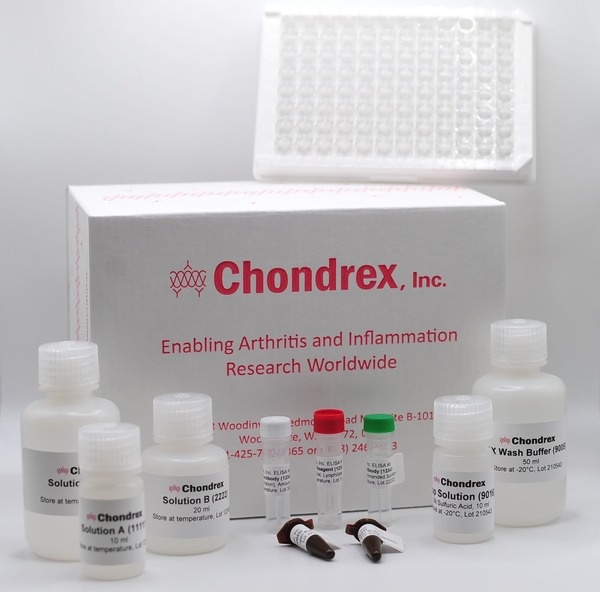In humans, albumin is the most abundant protein in plasma, accounting for more than half of the measured human serum protein. Plasma albumin levels are significantly decreased in patients with severe liver disease or poor nutritional status, since albumin synthesis takes place exclusively in the liver. Low albumin levels in plasma can also occur due to increased capillary leakage caused by critical illnesses such as kidney disease, inflammation, sepsis, and major surgical stress. Excretion of albumin into urine (albuminuria) is very low in healthy individuals, but it is significantly increased by renal damage in glomerulonephritis and diabetic nephropathy.
In fact animal models of sepsis, glomerulonephritis, and diabetic nephropathy demonstrate albuminuria comparable with human patients, suggesting that urinary albumin levels are useful for evaluating disease severity and treatment efficacy. However, it is important to note that mouse kidneys leak serum components (i.e. bilirubin), resulting in overestimated urinary protein levels when assaying by the turbidity method. Thus, measuring albuminuria is a better marker than proteinuria for the evaluation of mouse nephritis models.
Albumin Detection Kits
| Product | Catalog # | Price (USD) | |
|---|---|---|---|
 |
Mouse Albumin Detection Kit | 3012 | 337.00 |
 |
Rat Albumin Detection Kit | 3020 | 355.00 |